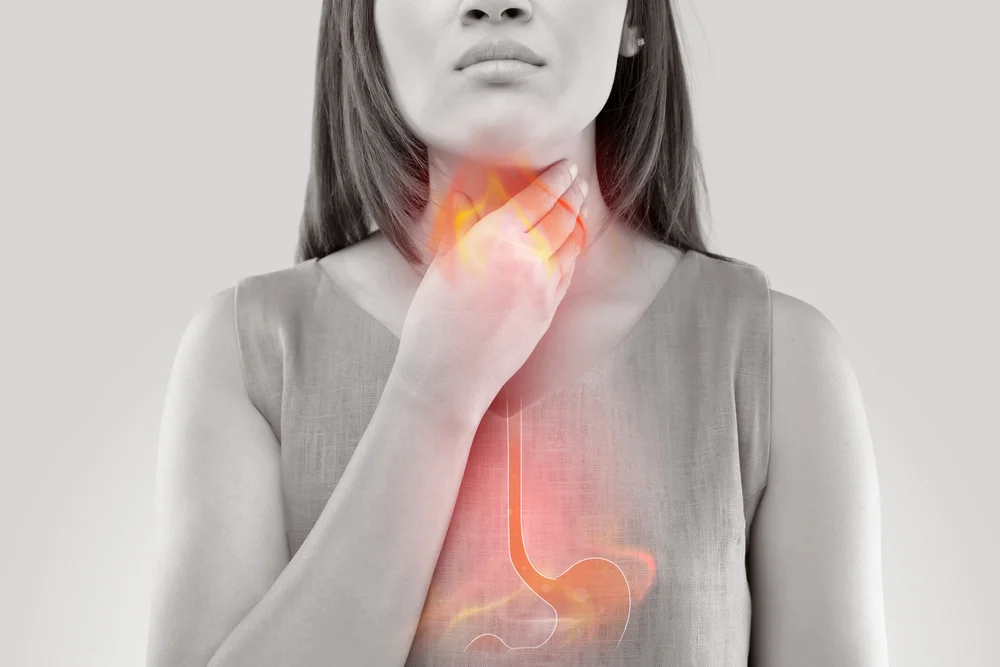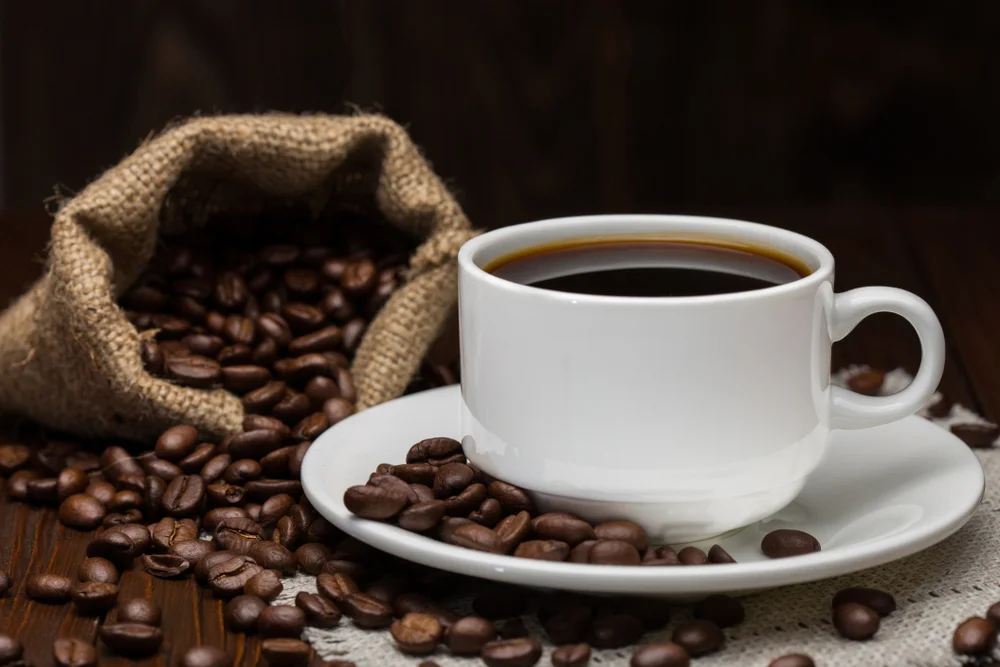Your Food Guideline for GERD
Gastroesophageal reflux disease (GERD) happens when the esophagus sphincter is not correctly closed and the content of the stomach leaks into the esophagus. This is a ring-like muscle on the lower part of the esophagus, which acts like an esophagus-stomach valve. Heartburn happens when refluxed acid affects the esophagus and causes the chest to burn. Heartburn more than two times a week may be seen as GERD, leading to more severe health issues.
This diet is designed to decrease the reflux of liquid in the abdomen into the esophagus and prevent foods irritating the esophageal mucosa. Weight loss may be needed, as the excess weight increases the stress on the stomach. Follow instructions of the gastroenterologist in OKC for your diet.
Best Foods for GERD
Chicken breast - Make sure the fatty skin is removed. Choose cooked, boiled or grilled, and skip fried.
Lettuce, celery and sweet peppers - The smooth green veggies on the stomach are easy – and will not cause painful gas.
Brown rice - This complex carbohydrate is mild and filling – but do not fry.
Oatmeal –This comforting breakfast standard is full, warm and healthy and serves meals as well.
Melons - All low acid fruits, including watermelon, cantaloupe and honeydew, are some of the finest acid reflux nutrition.
Fennel - This crunchy vegetable with low acidity has a mild licorice taste and a natural relaxing impact.
Ginger - Chew low on sugar-dried ginger for the natural tummy tamer or steep caffeine free ginger tea.
Worst Foods for GERD
Coffee and tea - The acid reflux is exacerbated by caffeinated drinks. Choose to tea without caffeine.
Carbonated beverages – The bubbles grow in your stomach, generating more stress and pain. Select simple water or iced tea without caffeine.
Chocolate - This treatment contains a trifecta of issues with acid reflux: caffeine, fat and cocoa.
Grapefruit and orange - The elevated acidity of citrus fruits relaxes and aggravates the esophageal sphincter.
Tomatoes - Avoid marinara sauce, tomato soup and ketchup as well – they're all high with acid, naturally.
Alcohol - This has a double whamming impact: sphincter valve is relaxed automatically by alcohol, but acid production in the stomach is encouraged.
Fried foods - These are the worst reflux foods. Remove French fry, onion ring, and chicken fried — cook at home on the stove, or oven.
Late-night snacks - Do not eat anything within two hours before going to bed. Instead of two to three meals, you can also attempt four or five smaller dishes throughout the day.
Contact your gastroenterologist in OKC to know what to eat and what to not. Be in touch with Digestive Disease Specialists, Inc. for advice and treatment options.
** Disclaimer: The article above implies no medical advice; it constitutes no terms between patient and doctor.


